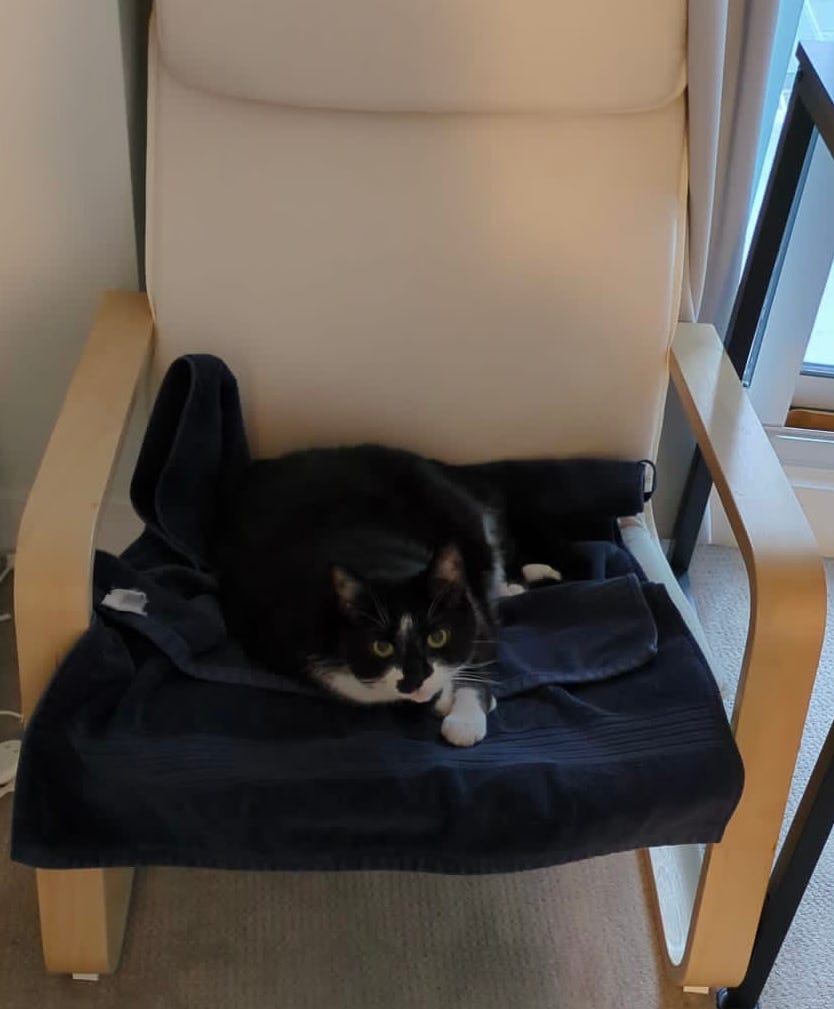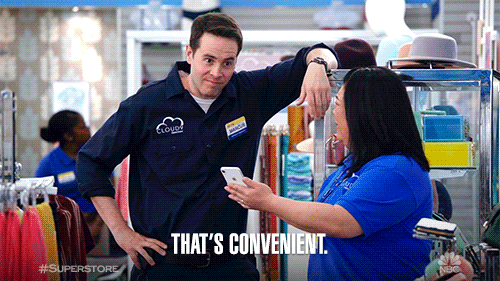There's a World Cup for trash picking 🏆
This country made a clean sweep in the first edition
Today’s eco snapshot👇🏽
World Cup for trash picking
Startup of the week: The Good Cup
5 brands that sustainably stand out
Some good news from around the world
3 ways I can help you on your sustainability journey
🏆 A World Cup for trash picking
To raise awareness about ocean pollution, the inaugural litter picking World Cup took place in Tokyo with participants from 21 countries.
The competition aimed to tackle the issue of plastic waste flowing into the ocean, which has reached alarming levels, with over 8.3 billion tonnes of plastic produced since the 1950s.
Teams of three players competed to collect the most litter within 90 minutes, earning points based on the amount and type of trash picked up. They were then given 20 minutes after each rubbish picking session to sort litter correctly into different categories like burnable waste and metal cans.
Sometimes it was really hard because there wasn't really that much trash, but that's when we have to look a little bit deeper like in the bushes, or just really focus on the cigarette butts on the floor - Beatrice Hernandez, a player from Team USA.
The event followed the rules of "SpoGomi," an event invented in Japan in 2008 to encourage litter picking in public spaces.
Team UK emerged victorious, collecting an impressive 57.27 kg of rubbish and earning 9,046.1 points.
Time for the quiz of the week ⌛
Answer at the end of the newsletter. No one (including me) can see your response so feel free to vote 😉
✨ Startup of the week: The Good Cup
Cup-ling crisis…500,000,000,000. That's the number of single-use plastic and paper cups manufactured globally each year. While these takeaway cups with plastic lids have made it convenient for us to grab coffee on the go, they come at an environmental cost. The plastic lids alone generate approximately 1 million tons of waste annually, and they are difficult to recycle. In fact, it is easier and cheaper to manufacture new lids rather than reuse and recycle the existing ones.
A brewing environmental challenge…The Good Cup is solving this problem by eliminating the lid. It has built a recyclable, compostable paper cup that folds on top of itself to prevent spills.
It looks like a miniature takeout box and unlike most paper cups, it does not come with a plastic lining.
Instead, it uses a bio-based version called BioPBS as a lining. BioPBS is certified as biodegradable in home compost bins.
If local recycling facilities accept it, it can even be recycled upto 7 times.
Cup-n-save…As these cups can be packed flat, and without lids, it saves space while transporting. This brings down the transportation cost and emissions.
✅ Brands that sustainably stand out
🇦🇺 Sendle- Planet-friendly and affordable shipping options for small businesses
🇮🇳 Wheedle- Normalizing the practice of buying preloved products for kids
🇺🇸 Arbor- A platform that helps you save on energy costs and live more sustainably
🇮🇳 Thaely- Sneakers made from recycled plastic
🇨🇦 Ethical Swag- Planet-friendly swag for your business
Engage with hundreds of sustainable brands like these by upgrading to a paid subscription. It comes with access to a database of planet-friendly brands from across the world.
😹 Some Good News
⛵️ Amsterdam Sets Sail Towards Cleaner Air
Amsterdam has made a bold move to safeguard its air quality by prohibiting cruise ships from the city center. This step not only protects residents from harmful emissions but also helps preserve the city's charm by reducing overcrowding.
🌿 Indonesia to Restore 200,000 Hectares of Palm Plantations into Forests
Indonesia, the largest palm oil producer, is restoring 200,000 hectares of palm oil plantations in forested areas to lush forests. The government requires companies to submit paperwork and pay fines for cultivating rights, aiming to address climate change and promote sustainability in the palm oil industry.
🐋 Blue Whales Find Home and Harmony in the Seychelles
Blue whales, the world's largest animals, have returned to the Indian Ocean after being wiped out by whaling. Researchers in the Seychelles found evidence of the whales spending months in the area, possibly for breeding. This success in conservation demonstrates the importance of allowing animals to recover when mass killing ends, giving hope for endangered species' revival.
🌎 3 ways I can help you
📞 Interested in chatting about sustainability and climate change? Book a free call here
✍🏼 Want to be featured in this newsletter and a LinkedIn post? Submit your story
💁🏼 If you’re a planet-friendly brand, I can help you with your blogs, newsletters, case studies, and whitepapers

Click that 💚 if this added some value to you.
Have a great weekend and see you next week😊





